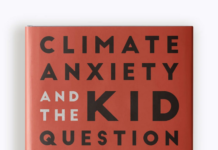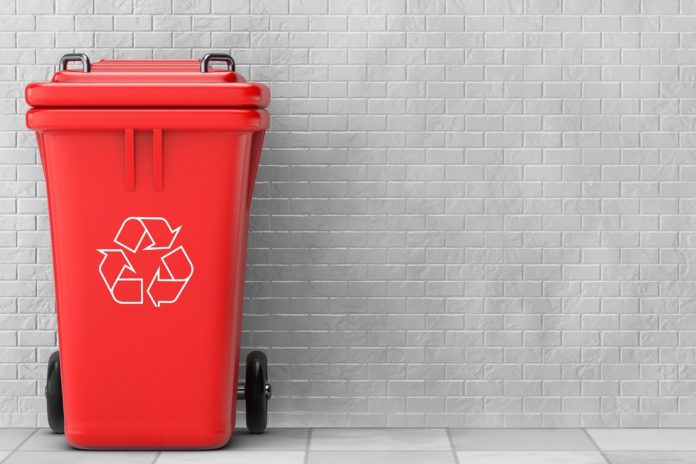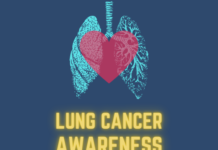Newswise — Every year, millions of Americans misuse or abuse prescription medications, sometimes leading to emergency room visits, addiction or even death. The problem has worsened amid the ongoing opioid crisis.
To prevent drugs from falling into the wrong hands, it’s more important than ever to dispose of unused pills in a safe and smart way.
“Many people don’t realize that simply throwing away leftover medications or flushing them down the toilet is actually very dangerous,” said Cedars-Sinai pharmacist Karen Youmbi, PharmD. “People suffering from substance abuse disorders may scour trash cans for drugs, and flushed substances can end up in the water supply.”
Saving unused drugs also is risky because anyone in your home could take them, including children, and patients shouldn’t use old prescriptions without guidance from a medical professional. The most common prescriptions that yield excess doses, Youmbi says, include medications for pain, chronic heart issues, anxiety or depression.
Youmbi, Manager of Pharmacy Regulatory Surveillance and Outpatient Pharmacies at Cedars-Sinai, offers her advice for safely discarding unused medications.
- Read the label-Follow any disposal instructions on the medication labeling.
- Drop off at a take-back site-Find a medication take-back location, such as a local pharmacy, where you can anonymously deposit unused meds in a drop box. Consult the Drug Enforcement Administration’s website for a program near you, or call your local sheriff’s department or area trash and recycling program for further options.
- Do it yourself disposal-If you don’t see disposal instructions on a medication bottle or prescription label, and you cannot find a take-back program, follow these steps before throwing out drugs:
- Grind up the leftover pills, and mix them with used coffee grounds, dirt or cat litter. This makes it harder for children, pets or people looking through trash to find the meds.
- Put the mixture in a can with a lid or a sealable bag to avoid spillage.
- Remove the prescription label or scratch out personal information to protect your privacy and avoid identity theft-and don’t forget to recycle plastic pill bottles.
“By following these simple disposal instructions, we can help keep our community safe,” said Rita Shane, PharmD, chief pharmacy officer and professor of medicine at Cedars-Sinai.
Story Credit to Cedars-Sinai.
Picture Credit to Stock Photos.












































